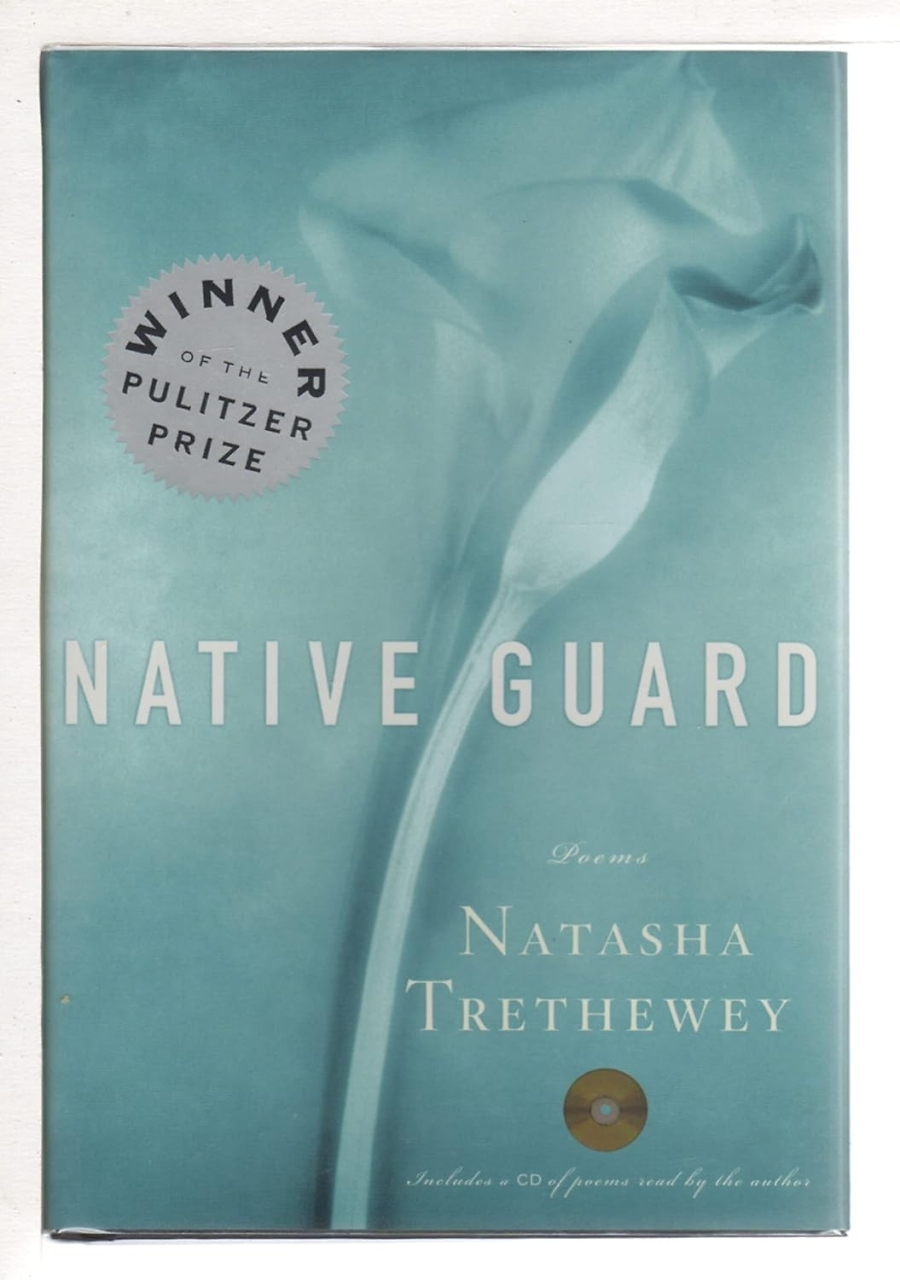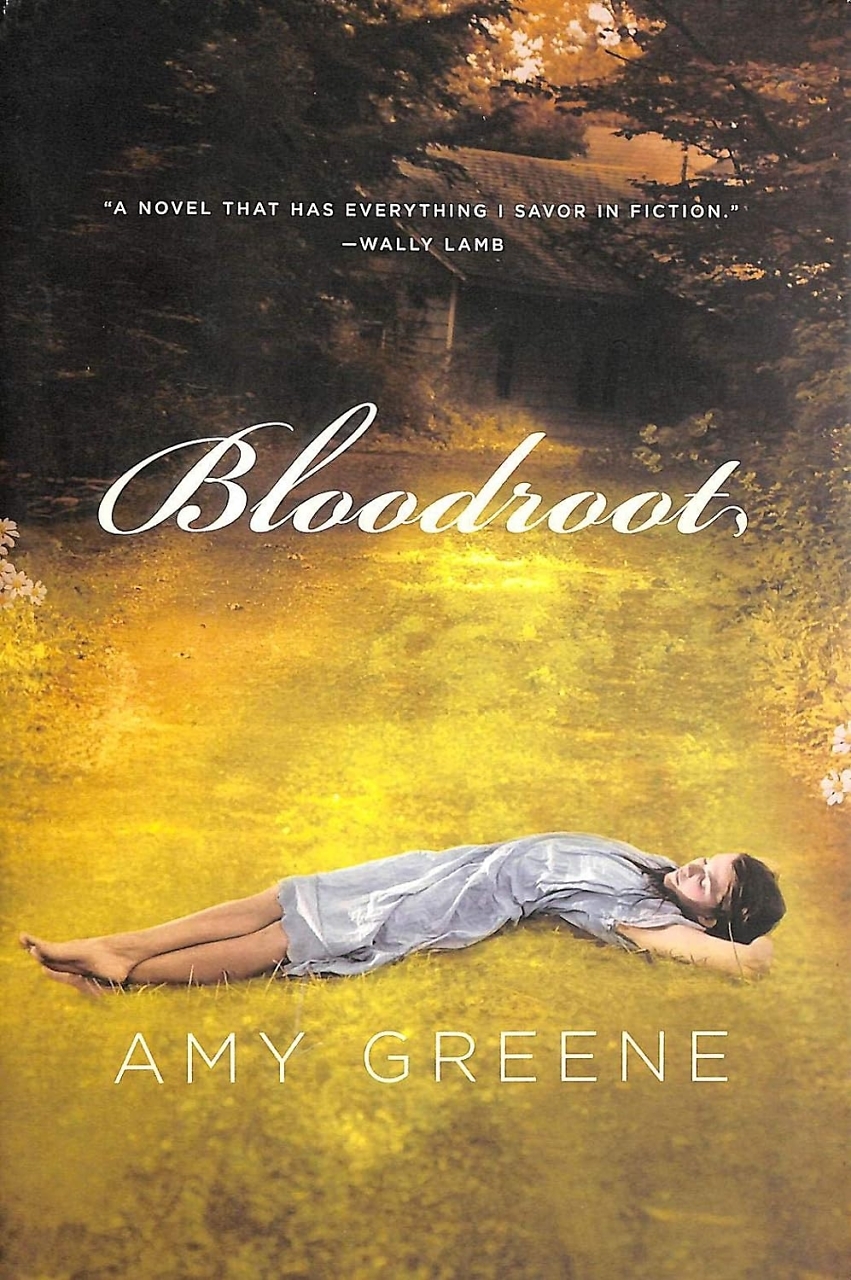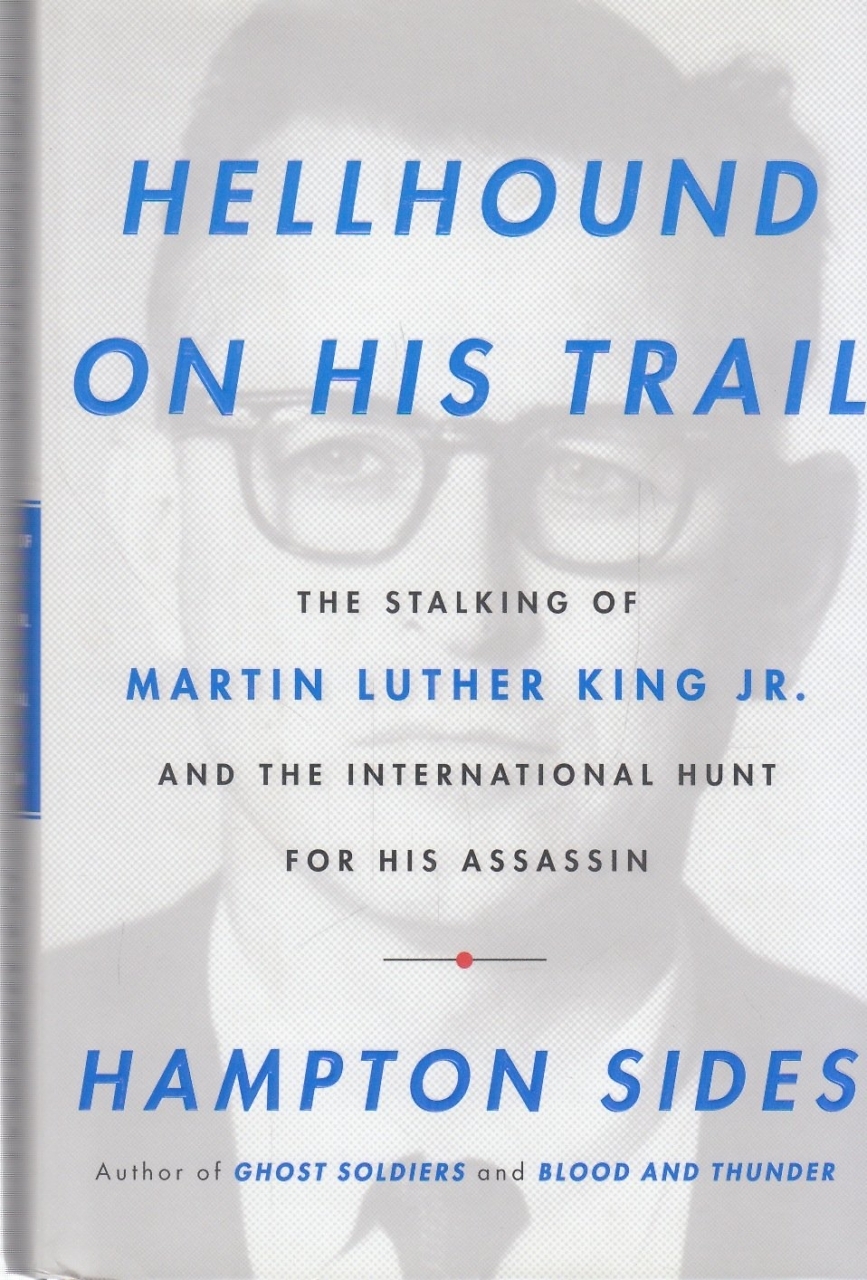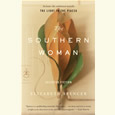The years from 2006 to 2010 brought us, among other things, the Large Hadron Collider, Bitcoin, and Instagram. They also brought a shocking financial crisis and the global Great Recession that followed. Here in Tennessee, Gov. Phil Bredesen was elected to a second term, and there was a lot of good news in the book world, as well as a new outlet for reporting it: Chapter 16 was launched in September 2009 with a mission “to provide comprehensive coverage of literary news and events” in the state.
 This seventh installment of the 50 Books / HT50 series includes two Pulitzer Prize winners, two highly praised novels, and a riveting nonfiction book about the assassination of Martin Luther King Jr. Learn more about the 50 Books / HT50 project here, and go here to see all the project posts to date.
This seventh installment of the 50 Books / HT50 series includes two Pulitzer Prize winners, two highly praised novels, and a riveting nonfiction book about the assassination of Martin Luther King Jr. Learn more about the 50 Books / HT50 project here, and go here to see all the project posts to date.
Native Guard by Natasha Trethewey, a member of the Chattanooga-based Fellowship of Southern Writers. The book, Trethewey’s third collection, won the 2007 Pulitzer Prize for Poetry. (Houghton Mifflin, 2006)
American Lion by Chattanooga native Jon Meacham. The book, a biography of Andrew Jackson focused on his presidency, won the 2009 Pulitzer Prize for Biography. (Random House, 2008)
Eli the Good, a young adult novel by Kentucky native Silas House, former writer-in-residence at Lincoln Memorial University in Harrogate, Tennessee. (Candlewick, 2009)
Bloodroot, the debut novel by Amy Greene, who grew up in Hamblen County, Tennessee. (Alfred A. Knopf, 2010)
Hellhound on His Trail by Memphis native Hampton Sides, an account of the assassination of Martin Luther King Jr. and the manhunt for his killer, James Earl Ray. (Doubleday, 2010)
"Trethewey ... draws on the life of her deceased mother and on the history of Mississippi, where the poet and her mother's family grew up, to limn a multiracial South and her own multiracial heritage. ... [T]he concluding poem condenses the poet's mixed—and compelling—feelings about 'Mississippi, state that made a crime// of me—mulatto, half-breed, native—/ in my native land, this place they'll bury me.'" ~ Publishers Weekly, January 23, 2006
"'Newsweek' editor Meacham makes a solid case that the war-hero president was largely responsible for expanding the power of the executive branch. ... Though the author is clearly captivated by his subject’s drive and ambition, he avoids hagiography, and is clear-eyed about Jackson’s flaws. He particularly condemns the president’s unwavering support for the forced relocation of thousands of Native Americans, which led to the infamous Trail of Tears. ... Succinct, engaging portrait of Jackson, his circle and his influence." ~ Kirkus Reviews, October 1, 2008
"At the novel’s center is 10-year-old Eli Book, a dreamy kid growing up in the rural South. It’s summer 1976, the year of the Bicentennial, cast in the shadow of the Vietnam War. Quite true to life, what might appear to be a lazy few months of bike rides and wanderings is in fact a turbulent period of self-discovery for Eli. ... Narrating the book from the point of view of the adult Eli, House filters the protagonist’s youthful naiveté through the age-earned wisdom of his adult self, a fitting choice for a book that is more contemplative and leisurely paced than much young-adult fare. The result is a story that’s both true to a child’s sentiment and a reflection on the beginnings of maturity." ~ Susannah Felts for Chapter16.org, October 7, 2009
"Don’t be misled by the dreamy pastoral image on the dust jacket of Amy Greene’s first novel. 'Bloodroot' takes place in Appalachia, and, yes, Greene lovingly describes its mountains and hollows, its waters filled with bluegills. There’s also much talk of healing and magic and backwoods folk wisdom. But this story is really about the fraught, sometimes dangerous, bonds between children and their mothers, and the appalling spillover of violence from one generation to the next." ~ Lisa Fugard in The New York Times, February 12, 2010
"From veteran journalist and historian Sides ('Blood and Thunder,' 2006, etc.), a riveting account of James Earl Ray’s long quest to kill Martin Luther King Jr. ... Sides follows Ray in a nearly minute-by-minute account that has all the fascination, if little of the inevitability, of Frederick Forsyth’s 'Day of the Jackal' (1971). The author does not speculate unduly on conspiracy theories of the sort advanced by Ray’s brother, John Larry Ray, in his 2008 book 'Truth at Last,' but there is room for the careful reader to imagine that someone helped him along on his hunt for King—after all, as Sides observes, “he must have had an accomplice—or several accomplices” to have made good his escape from Jefferson City.' An expertly written study in true crime, vividly recapturing the mood of 1968." ~ Kirkus Reviews, February 15, 2010

Humanities Tennessee is the state affiliate of the National Endowment for the Humanities (NEH). Founded in 1973, we continue to develop ways to connect, learn, and grow as a community.
 This seventh installment of the 50 Books / HT50 series includes two Pulitzer Prize winners, two highly praised novels, and a riveting nonfiction book about the assassination of Martin Luther King Jr. Learn more about the 50 Books / HT50 project here, and go here to see all the project posts to date.
This seventh installment of the 50 Books / HT50 series includes two Pulitzer Prize winners, two highly praised novels, and a riveting nonfiction book about the assassination of Martin Luther King Jr. Learn more about the 50 Books / HT50 project here, and go here to see all the project posts to date.













